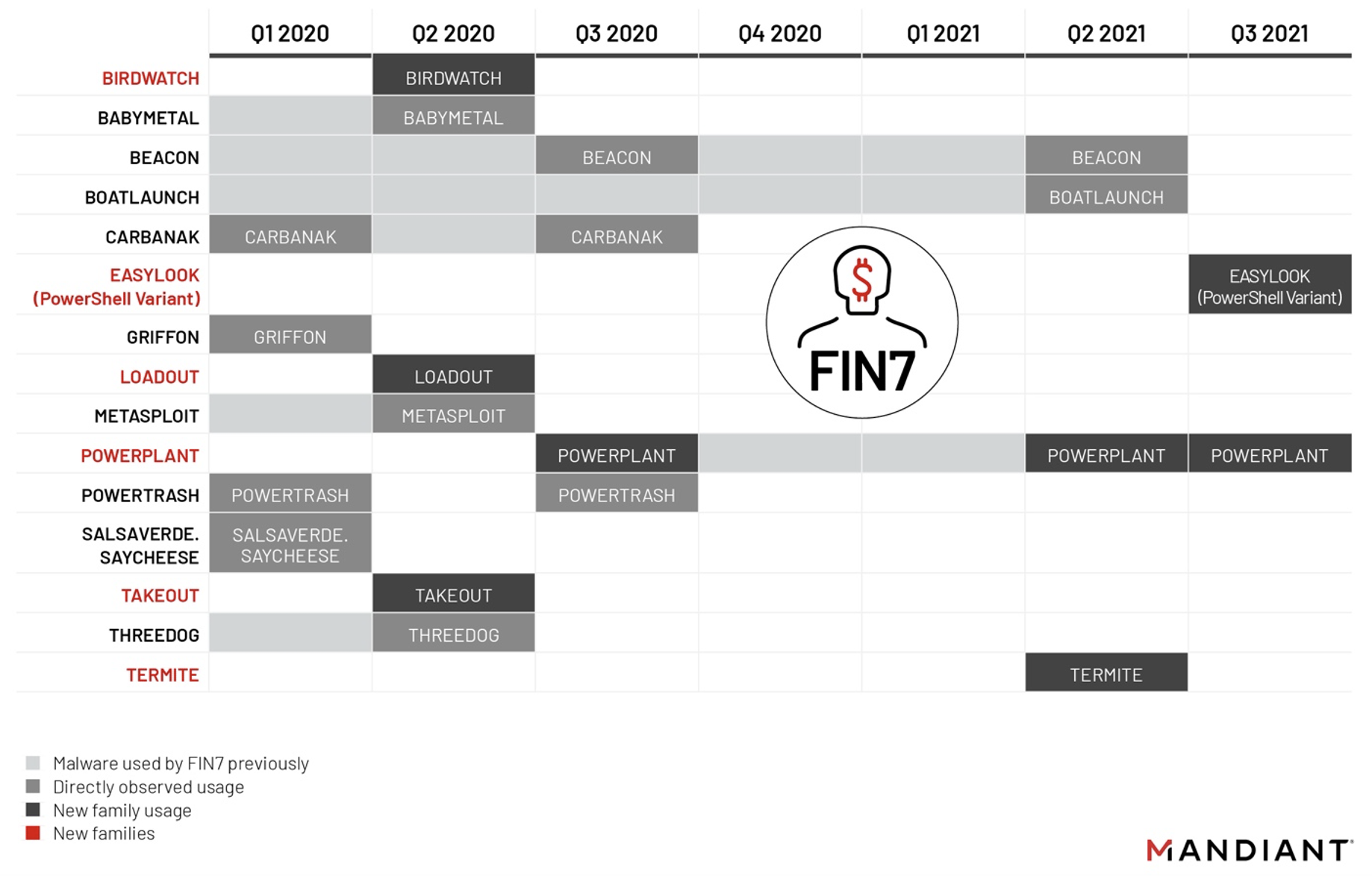Employers should migrate to a hybrid environment only after building a solid foundation to support remote workers. As Covid-19 pandemic restrictions have eased, employers are adjusting their work-from-home policies. Some companies, including Airbnb, have doubled down and made substantial commitments to remote working. Others, like Google, have begun to shift to more in-person and hybrid office policies. This range just among the two tech giants is an example of the different possibilities being considered by other employers. According to a 2017 Gallup poll, 43% of U.S. employees worked remotely all or some of the time.
Part of the reason for this difference has to do with how all of us have adjusted to working in the face of the pandemic. I explain more in this post for Avast’s blog.

